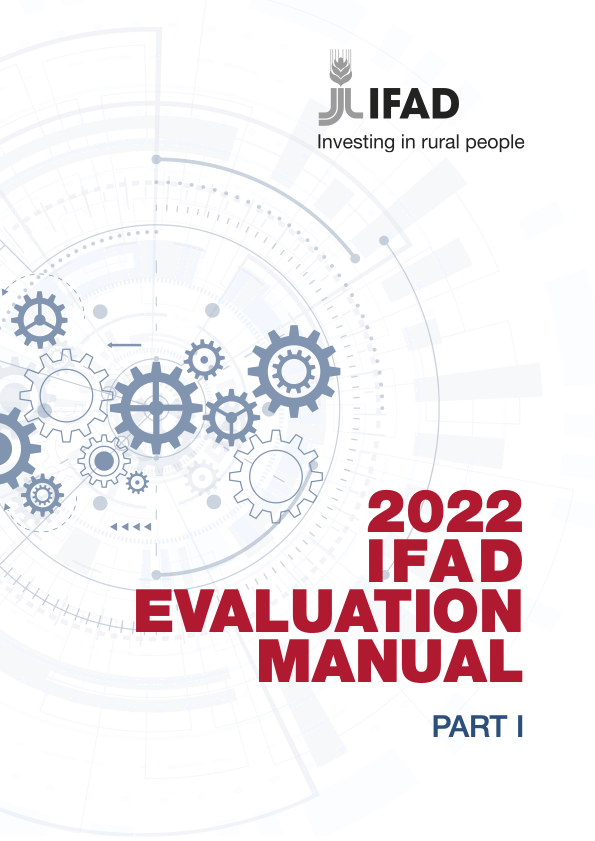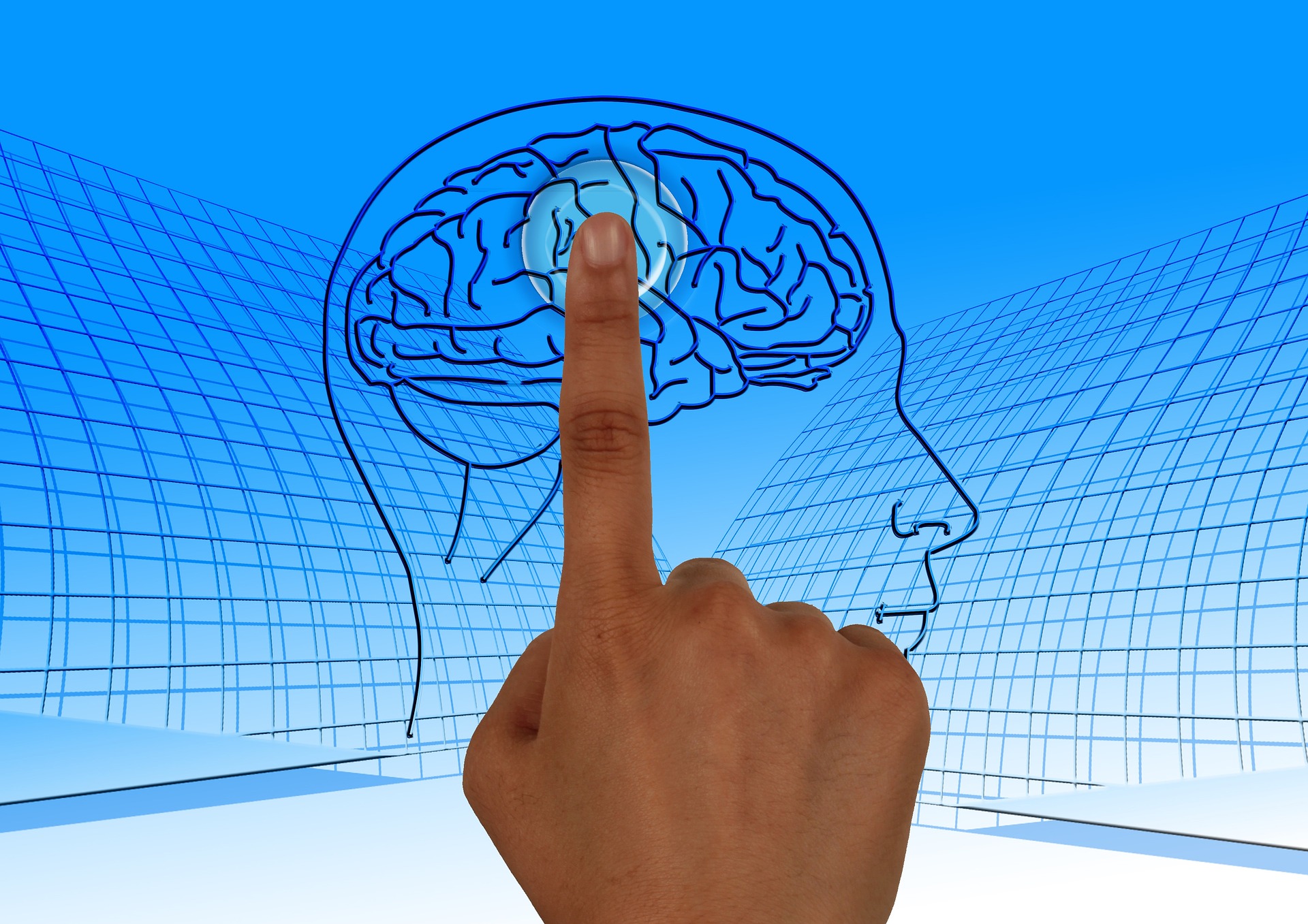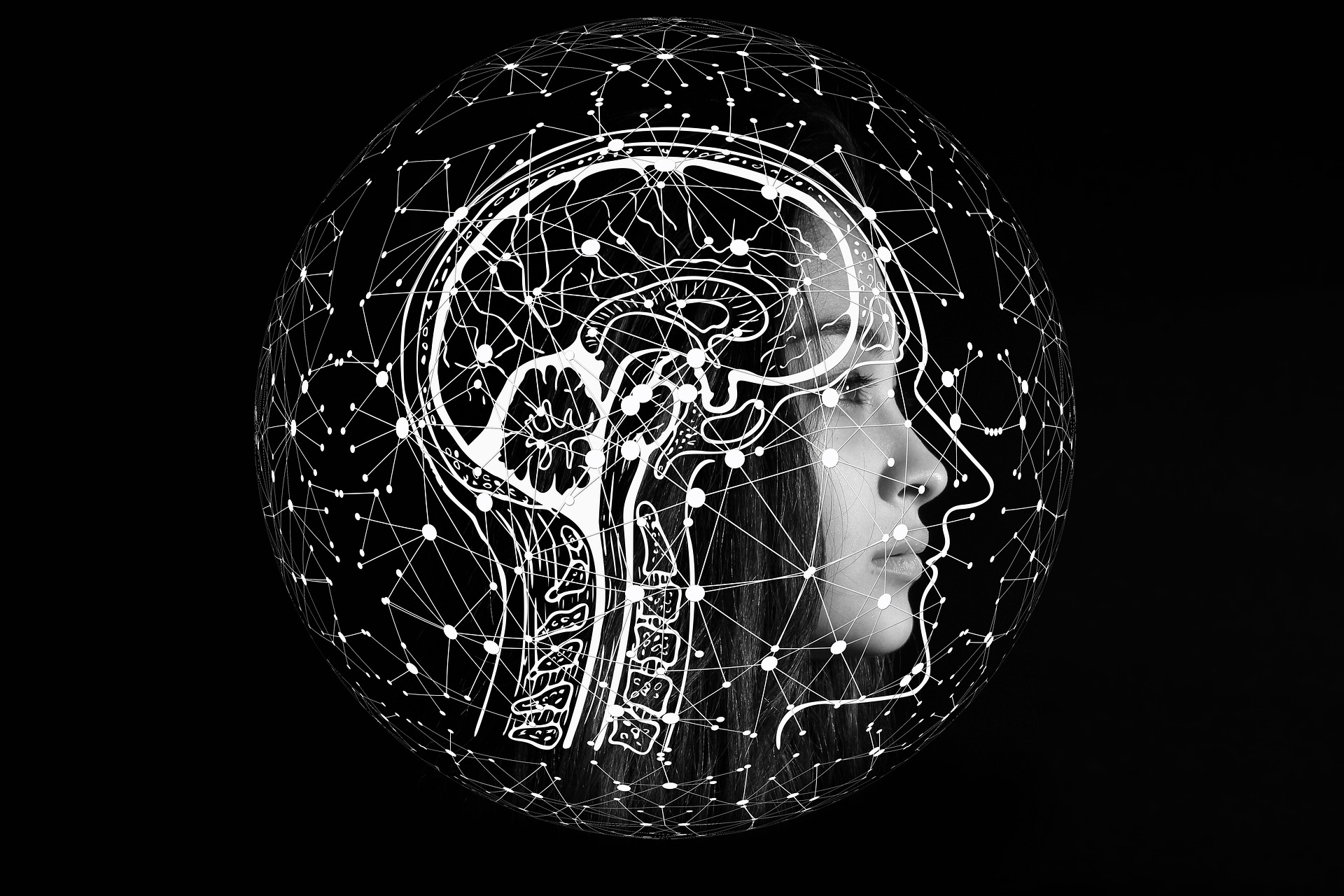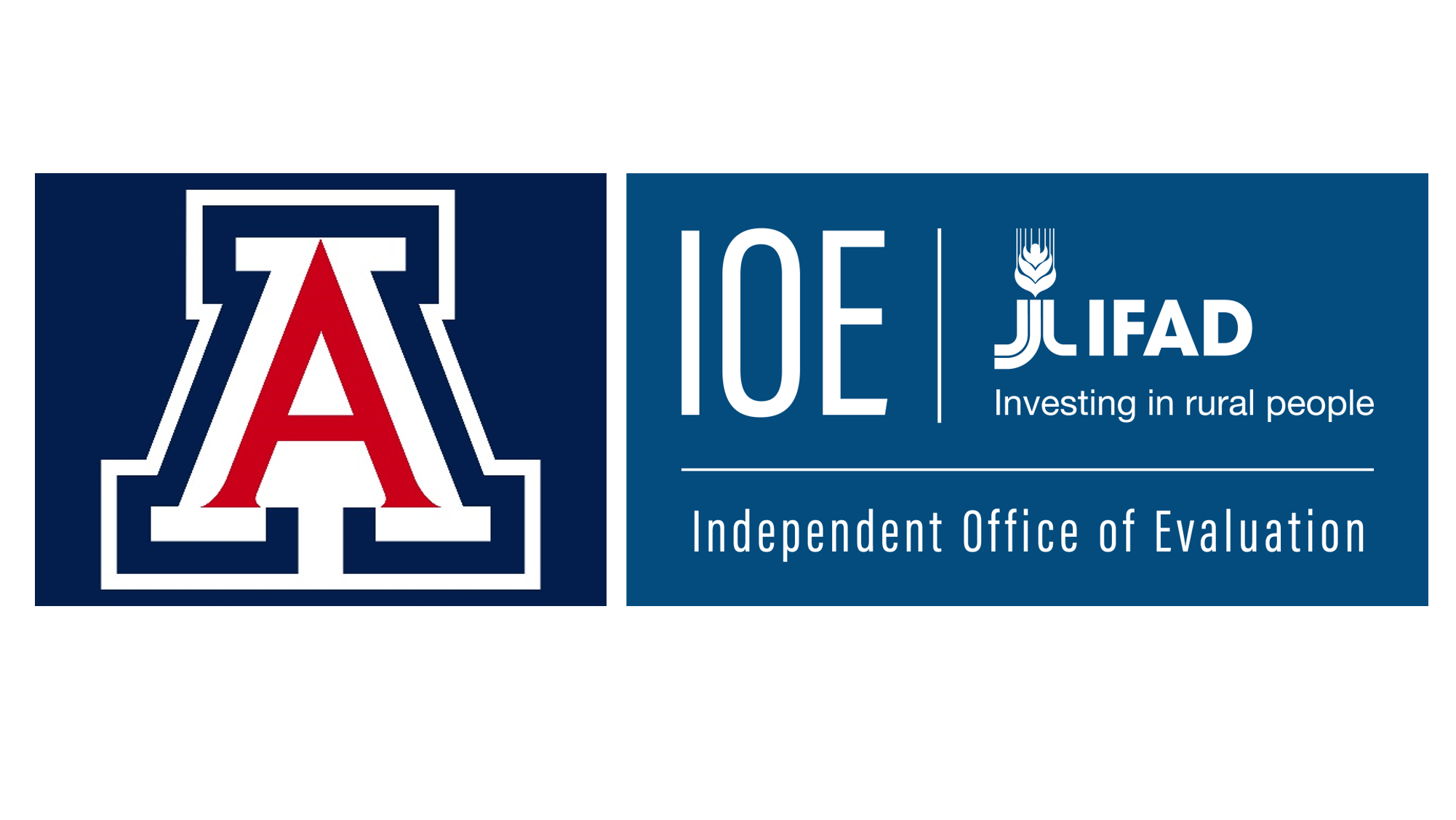Leveraging science to ensure effective communication of evaluation findings - IOE
Rome, 8 November 2023 – The ability to effectively communicate findings can make or break the impact of an evaluation report. However, achieving successful communication requires an unintuitively unique set of skills, which has little or nothing to do with ‘mincing words’. The Independent Office of Evaluation of IFAD (IOE) has recognized these skills to be nested in the seemingly intricate realm of brain science, and found the key to navigating said realm in the person of Dr Srini Pillay. On 7-8 November 2023, the world-renowned neuroscientist hosted a series of individual coaching sessions for IOE members and select IFAD staff at the Fund’s headquarters, in Rome. The tailor-made trainings equipped the team with nothing short of a mindset shift.

For over a year, IOE has worked alongside Dr Pillay to produce a flurry or products aimed at raising awareness regarding the added value of embracing synergies between the disciplines of neuroscience and evaluation. Firmly rooted in the conviction that by applying brain science-based principles into their daily work evaluators can improve the impact of findings and recommendations, IOE has provided practitioners world-wide with the concrete tools and resources necessary to embrace this synergy – a first in the history of the evaluation landscape. To culminate this year-long campaign, IOE decided follow the well-known saying “be the change you want to see in the world”, and initiated the evaluation mindset shift in-house. This involved a collective team training session, which was followed by a series of individual coaching sessions with Dr Pillay.
The two-day series of one-on-one clinics on ‘communicating evaluation findings’ afforded evaluators the unprecedented opportunity to engage directly with the world-renowned neuroscientist, in a safe and completely confidential environment. The conversations in each session were strictly classified. What evaluators discussed with Dr Pillay remained between them and ‘the Doctor’. IOE members brought to the table numerous communication-related issues that affect their evaluative work. For each issue, Dr Pillay provided practical advice and very tangible solutions that addressed the specific needs.
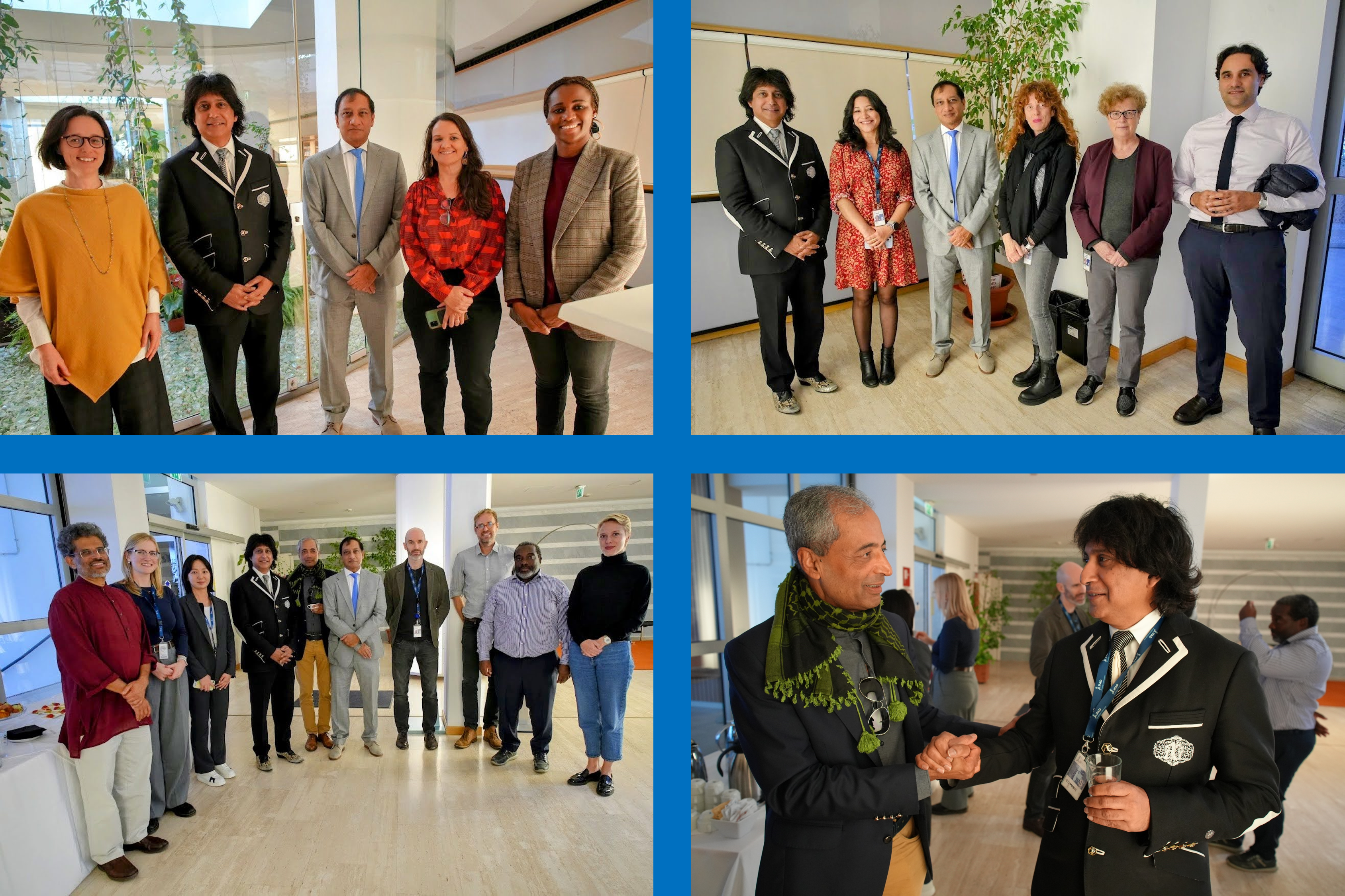
The trainings moved from the premise that there is a need to breakdown three myths that permeate the evaluation world, namely: evaluators always deliver objective findings; evaluands listen to these findings and understand them; and evaluands act upon said findings. To unpack these myths, it is necessary to recognize that human communication is largely inferential and unconscious. Moreover, between 55% and 65% of communication is nonverbal, and is largely affected by the juxtaposition between feelings of dominance vs. submission, and affection vs. hostility.
Against this backdrop, Dr Pillay emphasized the importance of understanding and applying seven new brain-based goals. These include first, prevent habitual thinking by creating a warm and non-stressful environment to facilitate change. Second, balance facts and figures with a more open discussion by encouraging genuine curiosity about an ideal solution. Third, synchronize intentions in order to be perceived as a leader and achieve mutual understanding, cooperation, coordinated execution of tasks and collective creativity. Fourth, deliver informative feedback by discussing potential reasons why something went wrong and encourage mutual problem-solving around this. Fifth, spend less time on what should not be done and focus the conversation on what should be done instead. Sixth, encourage intrinsic motivation by encouraging self-discovery and individualized approaches to solutions, as well as by emphasizing the competence that you see in the evaluand. Seventh, facilitate focus and attention by overcoming the potential fear, anger and cynicism of evaluands. To achieve this, evaluators should break down any complicated problem and focus on solutions, helping the evaluand to look past any mistakes after having learned from them.
Dr. Srini Pillay is a world-renowned Harvard-trained psychiatrist, brain researcher, keynote speaker, lecturer, author and consultant. He is known for combining “head and heart” (figuratively and literally) in an approach to personal development and goal mastery that blends science, spirituality, and horns-grabbing joie de vivre to combat the stresses faced by ambitious and high-achieving people in academia, business, and life. He has been voted one of the Top 20 movers and shakers in leadership development in the world.
For further information, please contact Alexander Voccia [here]
RESOURCES
- 2022 IFAD Evaluation Manual. Annex for communicating evaluation findings [here]
- The brain science revolution. Independent Magazine, issue 6 [here]
- Harnessing neuroscience to unlock the transformative potential of evaluation [here]
- Evaluation through the lens of brain science: Innovation talk live recording [here]
- Evaluation Pills [here]
- Mindset Strategies for Post-Evaluation Transformation [seminar - video]
- Mindset Strategies for Post-Evaluation Transformation [seminar - summary fact sheet]
- Performance appraisal and feedback myths debunked. Independent Magazine, issue 4 [here]
IOE 20th ANNIVERSARY
- To access the brochure ‘More than a journey | 20 years of independence, please click here.
- To access Fabrizio Felloni’s interview on the evolution of independence of IOE, please click here.
- To learn why independent evaluation makes IFAD a more credible institution, please click here.
CONTACTS
